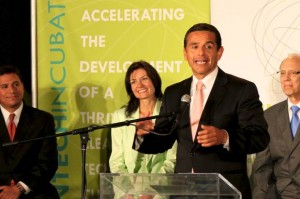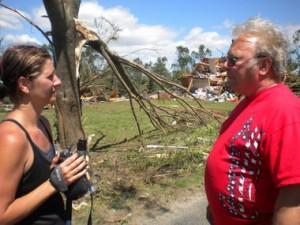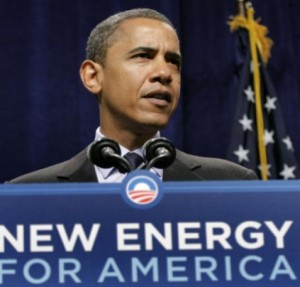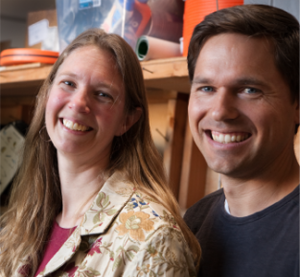 Yingli Solar a sponsor of the 2014 FIFA World Cup
Yingli Solar a sponsor of the 2014 FIFA World Cup Brazil today announced it has renewed its strategic partnership throughout 2012 with the Oakland-based nonprofit solar installer, GRID Alternatives. Yingli Americas’ 2012 agreement with GRID Alternatives builds on a 1MW partnership launched in 2011 that brought clean power to over 400 low-income homeowners across California, saving them an estimated US$11 million over the systems’ lifetimes, while giving hands-on solar installation experience to thousands of workers. GRID Alternatives’ mission is to empower communities in need by providing renewable energy and energy efficiency services, equipment and training. It has provided no or low-cost solar electric systems for more than 1700 families since 2004 while serving as a “classroom in the field” for solar job trainees.
Brazil today announced it has renewed its strategic partnership throughout 2012 with the Oakland-based nonprofit solar installer, GRID Alternatives. Yingli Americas’ 2012 agreement with GRID Alternatives builds on a 1MW partnership launched in 2011 that brought clean power to over 400 low-income homeowners across California, saving them an estimated US$11 million over the systems’ lifetimes, while giving hands-on solar installation experience to thousands of workers. GRID Alternatives’ mission is to empower communities in need by providing renewable energy and energy efficiency services, equipment and training. It has provided no or low-cost solar electric systems for more than 1700 families since 2004 while serving as a “classroom in the field” for solar job trainees.
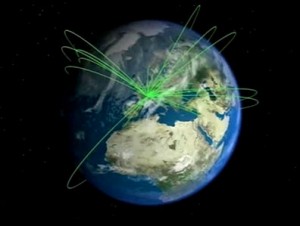 “Yingli’s continued support for GRID Alternatives’ mission means millions more in long-term savings for low-income families that need them most, thousands more learning opportunities for green job seekers and a win for the environment,” said Erica Mackie, Executive Director and Co-Founder of GRID Alternatives. “We’re thrilled that they decided to renew their commitment, especially as we begin replicating our model beyond California.”
“Yingli’s continued support for GRID Alternatives’ mission means millions more in long-term savings for low-income families that need them most, thousands more learning opportunities for green job seekers and a win for the environment,” said Erica Mackie, Executive Director and Co-Founder of GRID Alternatives. “We’re thrilled that they decided to renew their commitment, especially as we begin replicating our model beyond California.”
“Supporting our local communities through corporate social responsibility initiatives is something we care deeply about, and we are very proud to be official partners with GRID Alternatives,” said Robert Petrina, Managing Director of Yingli Americas. “Our combined teams were a great fit from the start given our common goals for protecting the environment and helping those in need.”Helena Kimball, Head of Marketing, Yingli Americas said, “Listening to the stories of these families and job seekers that we’ve helped and participated alongside has been remarkable, and we are excited to be expanding the program even further this year. Renewable energy is inherently about helping people who need energy most, and with more than 800 financially challenged families powered by the end of this year, we’ve gone beyond what we imagined possible at the onset of this program.”




